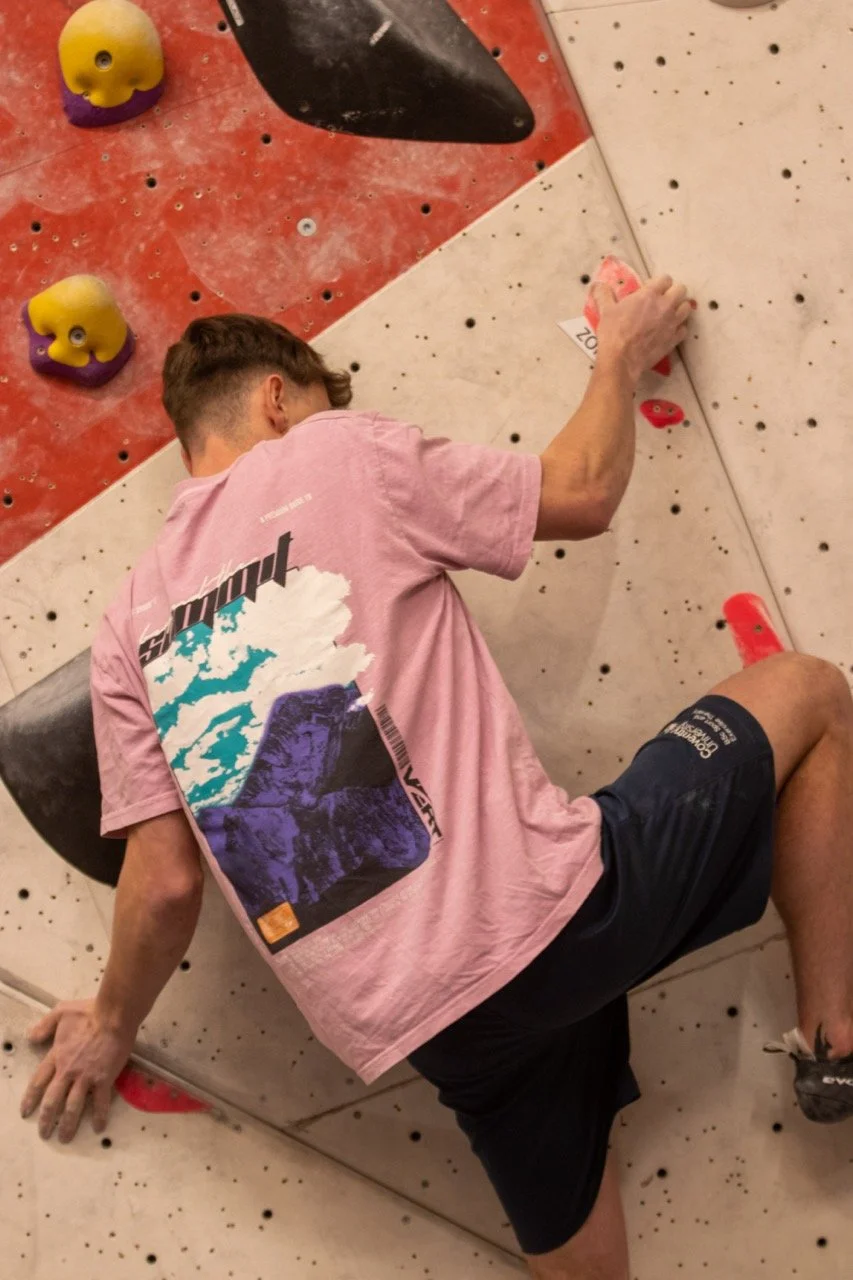Why Objective Testing is the Future of Climbing Performance and Injury Prevention
At Quay Kinetics Physio, our goal goes beyond fixing pain — we help you move better, climb stronger, and prevent injuries before they happen.
For climbers, the line between progress and setback can be razor thin. Tiny imbalances in strength, endurance, or control often separate a new grade tick from a frustrating finger strain. That’s why our team is expanding our services to include objective climbing performance testing — an exciting new way to assess, train, and track the metrics that really matter.
What Is Objective Exercise Testing?
Objective testing takes the guesswork out of climbing performance.
Using validated tools and clear data, we can measure how your body performs — not just how it feels.
It provides:
A precise baseline: Understand your current strength, power, and endurance.
Identification of weak links: Spot imbalances that may increase injury risk.
Measurable progress: Track your improvements over time with reliable data.
For climbers, that means you can train smarter, rehab more effectively, and stay on the wall longer.
Why Climbers Need Targeted Testing
Climbing puts unique demands on the upper body — particularly the fingers, wrists, elbows, and shoulders.
Research shows that most climbing injuries develop gradually from fatigue or imbalance that could have been detected early.
Our testing allows us to pinpoint and understand:
Finger flexor strength and endurance capacity.
Muscle balance between pulling and pushing systems (elbow flexors vs. extensors).
Shoulder stability and control for powerful, dynamic moves.
Fatigue tolerance: how quickly grip strength declines over time.
By understanding your individual performance profile, we can create truly personalised training and rehab plans that build on your strengths and protect against overload.
Introducing the Climbing Muscle Testing & Performance Package
To bring this data-driven approach to climbers in Exeter, we’re launching the Climbing Muscle Testing & Performance Package — a new 1:1 assessment service at Quay Kinetics Physio.
This package includes:
Comprehensive climbing-specific strength and mobility testing.
Interpretation of your results by our physio team.
Targeted training advice to improve performance and reduce injury risk.
This new service has been developed in collaboration with Will Ashby, our Sports Therapist based at Boulder Exe, whose passion lies in using performance testing to help climbers understand their bodies and train intelligently.
Learn, Test, and Train Smarter — Join Our Workshop
Before the full testing package launches, we’re inviting climbers to experience the principles first-hand at our upcoming Climb Stronger Workshop:
📍 Boulder Exe Bar
📅 Thursday 6th November · 6–9pm
💷 £25 · Limited spaces
You’ll learn how to test key strength and mobility metrics, identify weak links, and walk away with actionable drills to reduce injury risk.
It’s the perfect introduction to evidence-based training for climbers of all levels — whether you climb at The Quay Climbing Centre, Boulder Exe, or outdoors.
Looking Ahead
At Quay Kinetics Physio, we believe the future of climbing performance lies in combining science with experience — bringing objective testing, expert analysis, and practical coaching together under one roof.
By working with climbers across Exeter, our goal is simple: help you climb stronger, stay injury-free, and enjoy the sport for years to come.
References
MacKenzie, R. et al. (2020). Physical and Physiological Determinants of Rock Climbing. International Journal of Sports Physiology and Performance.
Bevins, R. & Ashby, W.J. (2023). Finger Flexor Strength and the Effect of Acute Handgrip Fatigue in Advanced Level Boulderers.
Kheiran, A. et al. (2021). Common Tendinopathies Around the Elbow. Journal of Clinical Orthopaedics and Trauma.
Uzo Ehiogu, V.R. et al. (2025). Developing Consensus for Upper Limb Rehabilitation and Return to Climbing in Adults. BMJ Open Sport & Exercise Medicine.
Climber. Physio.
Dan van Woerkens brings climbing expertise and a passion for helping athletes build stronger, more resilient shoulders and fingers.



